Alex Dilling at the Hotel Café Royal is a minute restaurant above Regent Street, which has the type of British imperial architecture that looks most like a cake: that is, the most preening, deceptive and pale. For someone who did almost no exercise, the Prince Regent built quite a lot of roads and there my interest in him ends, like the road itself.
In this hotel, which is very fine, stone cake vies with the tepid luxury of this age, which indicates invisibility, and with it guilt. There’s not much to do in central London nowadays beyond watching wealth aesthetics fight it out. The Hotel Café Royal used to be more interesting. This is the hotel where Oscar Wilde decided to sue the Marquess of Queensberry for libel. I think he was drunk. I hope he was.
Nothing as gaudy and self-destructive remains. This is a cold bright room with views of luxury consumer goods on Regent Street, as clean as a private hospital, and as dull as rage. There are 34 seats and probably as many staff. I marvel at the whiteness of the napery and the fineness of the waiter’s linen. Jazz is playing its idle tunes.
This is a tasting-menu restaurant, at least for now: something for Borrowers if Borrowers are weird (I mean weirder than they really are, but I am hard to surprise); or for rich people seeking only that which is denied to others, which is a shimmering emptiness of the soul, though they do not know it; or an apogee of control (justice then, at least for the rest of us); or, if you are generous, and sometimes the restaurant merits it, art for digestion.
Tasting-menu restaurants tend to go only three ways: Per Se in New York City (shockingly bad, but I did have the vegetarian menu); Eleven Madison Park, likewise in New York City (not bad but hilarious, mostly due to a plate based on the Jewish immigrant experience, but vegan now); or Ollie Dabbous’s Above at Hide – which I remember as feathers rising from icy smoke, like a tiny musical about the internal life of birds – which I liked.
The bread basket is wondrous, and I am grateful for it: let them make simple food, it’s what they’re good at, no matter what they tell themselves. (If you ever meet a tasting-menu chef, ask him to make lasagne.) There is a caramelised onion brioche which is genuinely glorious, a tiny baguette and a sourdough countryside loaf served with butter stamped with the initials A.D. I want personalised butter, even if it is the sort of thing that would excite Kim Jong-un, and also a cabbage from the government. It does happen.
But nothing lasts for ever: in my experience the tasting-menu chef can be normal for one course only. Then he will follow his singular path, which is to make all food look like Smarties, especially fish. The bread basket departs and self-deception drops with dishes of pâté de campagne, mackerel, pigeon, and brill and cuttlefish, all with an entourage of attendant ingredients which leaves each plate looking like a smashed Picasso, and tasting like a surprise you didn’t want, and how you feel about that depends only on your taste, or lack thereof.
The ambition is breathtaking, though, I give it that – and if you like food with mercurial ambition, it is better done here than in many places. This is food that attempts to create its own reality, in which the world is only beautiful, made partially of goat – they like cashmere – and safe. I paid £65 per head, which isn’t a lot for a digestible new reality, and left hungry.
Got something to add? Join the discussion and comment below.
Get 10 issues for just $10
Subscribe to The Spectator Australia today for the next 10 magazine issues, plus full online access, for just $10.
You might disagree with half of it, but you’ll enjoy reading all of it. Try your first month for free, then just $2 a week for the remainder of your first year.


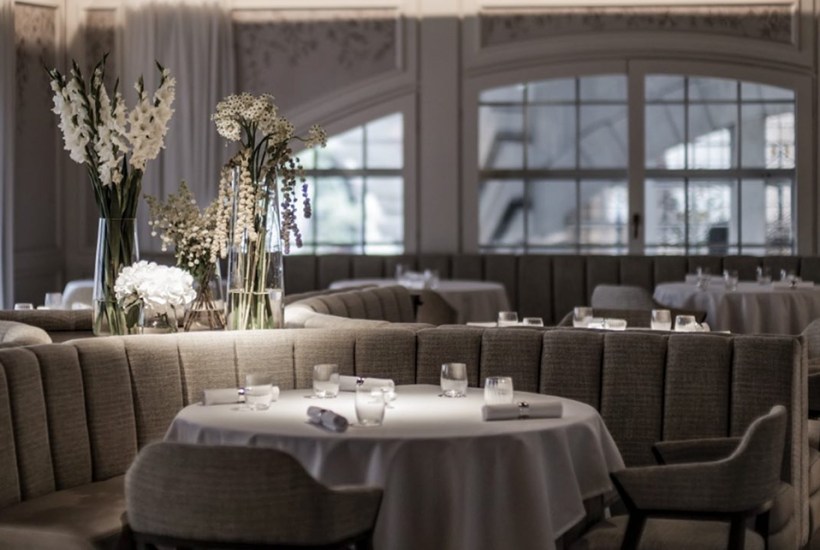
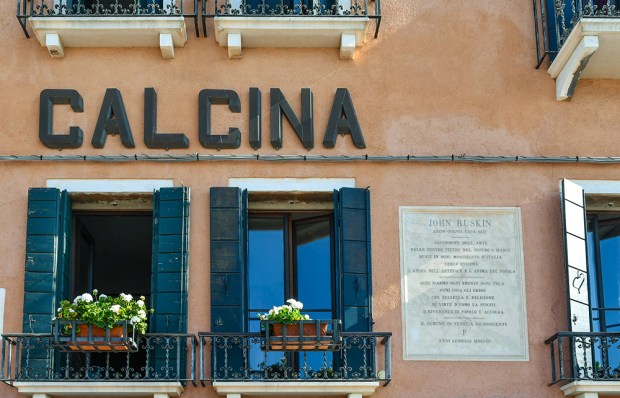

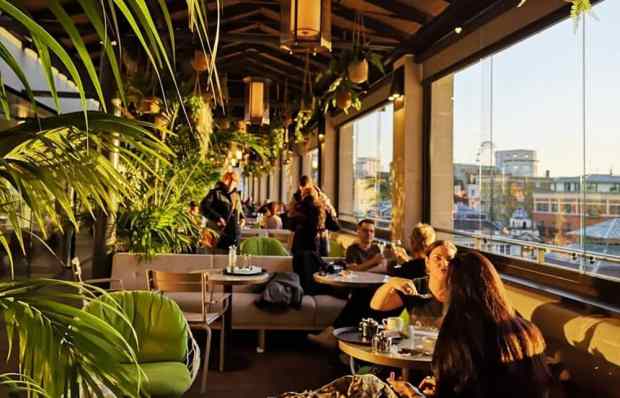

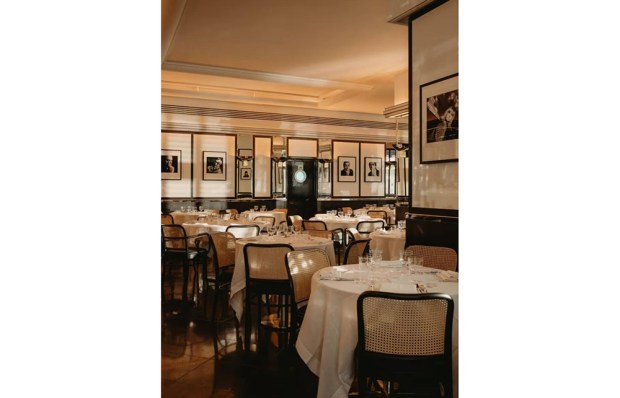
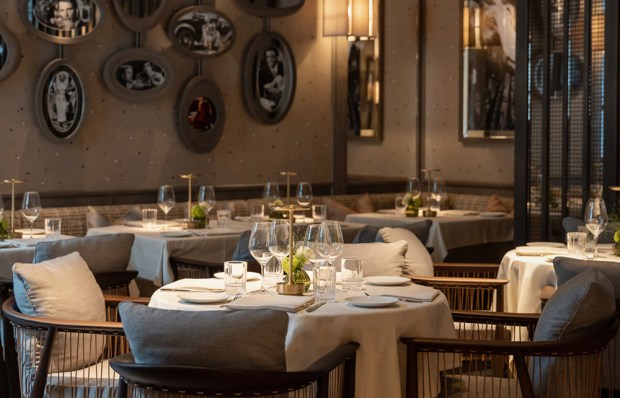






Comments
Don't miss out
Join the conversation with other Spectator Australia readers. Subscribe to leave a comment.
SUBSCRIBEAlready a subscriber? Log in